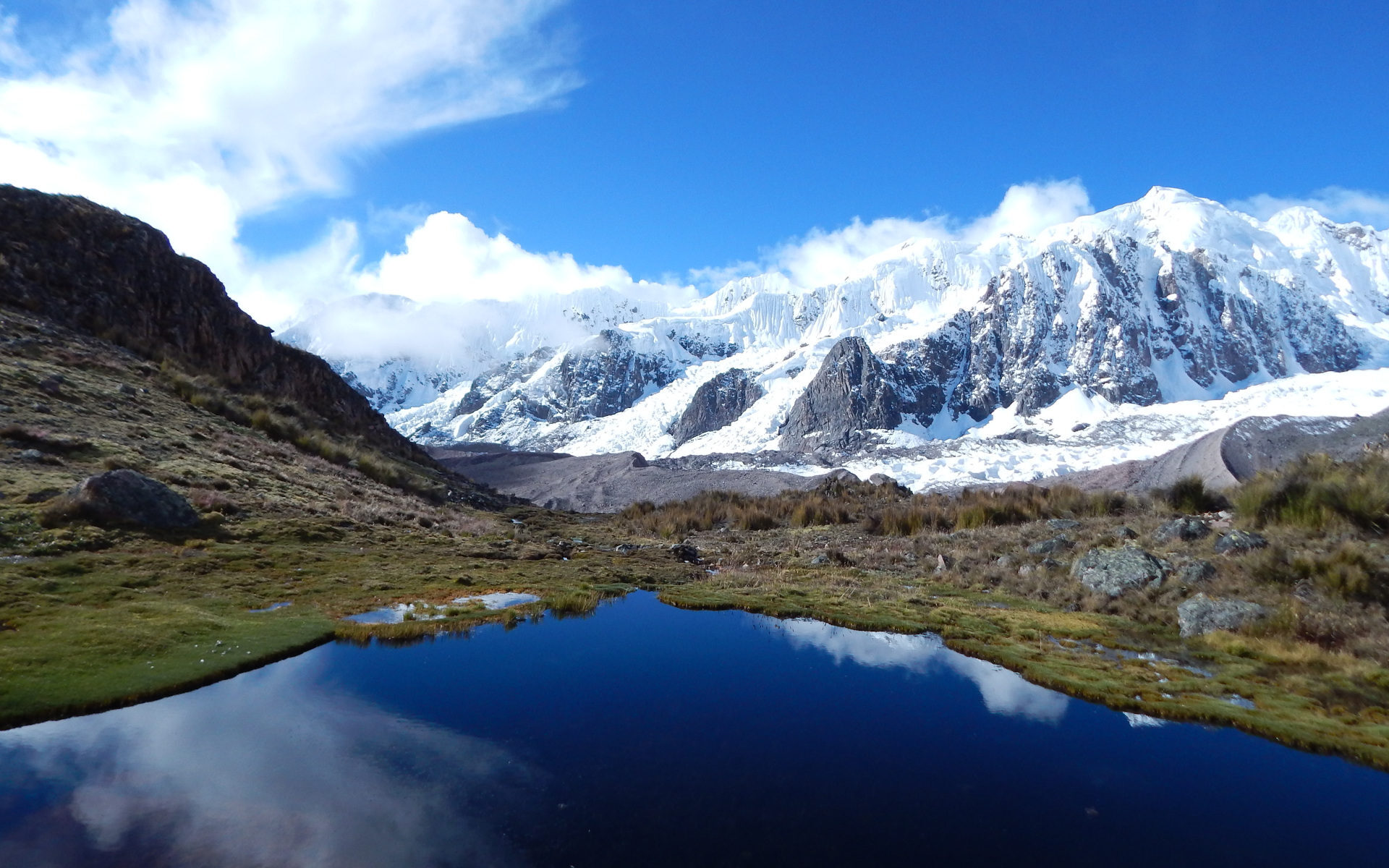Latest from the Blog
Introducing a New Blog Editor and the Revitalized EnviroSociety Blog
Emily HiteRising from the Ashes: Rural Communities in Portugal’s Fiery Landscapes
Filipa Soares, Luísa Schmidt, & Ana Delicado. Instituto de Ciências Sociais, Universidade Nova de Lisboa.Cascade Learning for Environmental Justice
Prerna Srigyan, University of California-IrvineMarshall Urban Firestorm: On the Paradox of Greening America's Suburbia
Stephanie Loveless, Humboldt University, Jevgeniy Bluwstein, University of FribourgSensing Cumulative Toxicities
Anita Hardon, Wageningen University, Tait Mandler, University of AmsterdamFireways: Entanglements of Fire, People, and Environment in the Coconino National Forest, USA
Susannah Crockford, University of ExeterChemical Colonialism: Environmental justice and industrial epidemics
Yogi Hale Hendlin, Erasmus University RotterdamFrom the Archives
In our "From the Archives" Series, we link archived blog material to current themed collections.
Is the UNFCCC climate governance truly pluralist? Examining the Loss and Damage Fund
Aritra Chakrabarty and Alexis Belle TaterThe UNFCCC has struggled to be effective in driving ambitious climate action due to several structural and procedural limitations. In the follow up to the Paris Agreement 2015, its reliance on consensus-based decision making has been impeded by divisions between developed and developing and small island nations due lack of inclusivity, lack of accountability, and… more...
Introducing a New Blog Editor and the Revitalized EnviroSociety Blog
Emily HiteHello, my name is Emily Hite, and I’m an Assistant Professor of Anthropology at Saint Louis University. I am thrilled to now serve as the blog editor for EnviroSociety. My research focuses on understanding how human-water relationships are shaped and challenged by climate governance, with particular attention to the justice and equity of decision-making processes… more...
Rising from the Ashes: Rural Communities in Portugal’s Fiery Landscapes
Filipa Soares, Luísa Schmidt, & Ana Delicado. Instituto de Ciências Sociais, Universidade Nova de Lisboa.On June 17th, 2017, Ferraria de São João (hereafter Ferraria), a small-sized village in central Portugal remotely located at the top of a hill, was encircled by flames. The two available fire engines, one at each end of the village, were unable to refill with water at some point. There were no helicopters either. The… more...
Cascade Learning for Environmental Justice
Prerna Srigyan, University of California-IrvineEnvironmental Justice as a Pedagogical Problem Consider the Park Avenue Elementary School in Cudahy, located ten miles from downtown Los Angeles. Or shift your attention to the Rani Jhansi Sarvodaya Kanya Vidyalaya in east Delhi, a few miles away from the Indian capital city’s most affluent neighborhoods. Though continents apart, what ties these two schools… more...
Themed Collection: Toxicity
This series of posts will accompany the 2021 special issue of Environment and Society on “Toxicity.”
“Images abound of plastic bags riding the currents of the Pacific Ocean and collecting in the Mariana Trench; stockpiles of nuclear waste pumped deep into earth’s outer crust; smoke and smog (a fusion of particulate matter and ozone) settling in above sprawling urban colonies, slowly killing its denizens; spent oxygen containers pockmarking the snows of Everest; and billions of pieces of space debris endlessly falling in Low Earth Orbit, just beyond a thin and rapidly changing breathable atmosphere. So goes the narrative of the Anthropocene, a purportedly new geological epoch demarcated by the planetary effects of human activity…” Call for Papers for the Environment and Society Special Issue on Toxicity (Jerry Jacka & Amelia Moore).
Latest Posts
Sensing Cumulative Toxicities
Anita Hardon, Wageningen University, Tait Mandler, University of AmsterdamChemical Colonialism: Environmental justice and industrial epidemics
Yogi Hale Hendlin, Erasmus University RotterdamThemed Collection: Oceans
This series of posts builds upon and expand the issues raised in the 2020 special issue of Environment and Society on “Oceans.” Featuring new content as well as additional perspectives from the authors of the special issue.
“For many, the ocean is the epicenter of evolution as well as the ultimate bellwether for the continued vitality of living systems. It is vast, deep, and mysterious, and simultaneously familiar, intimate, and personal… It is also the site of scientific exploration, geopolitical territorialization, Romantic imagination, capitalist extraction, and shifting everyday relations of love, death, and livelihood… The ocean is both an epic backdrop and an active agent in human activities, at times teeming with living beings and at times emptied of all agency. It is at once dangerous and endangered.” Introduction to the Environment and Society Special Issue on Oceans (Jerry Jacka & Amelia Moore).
